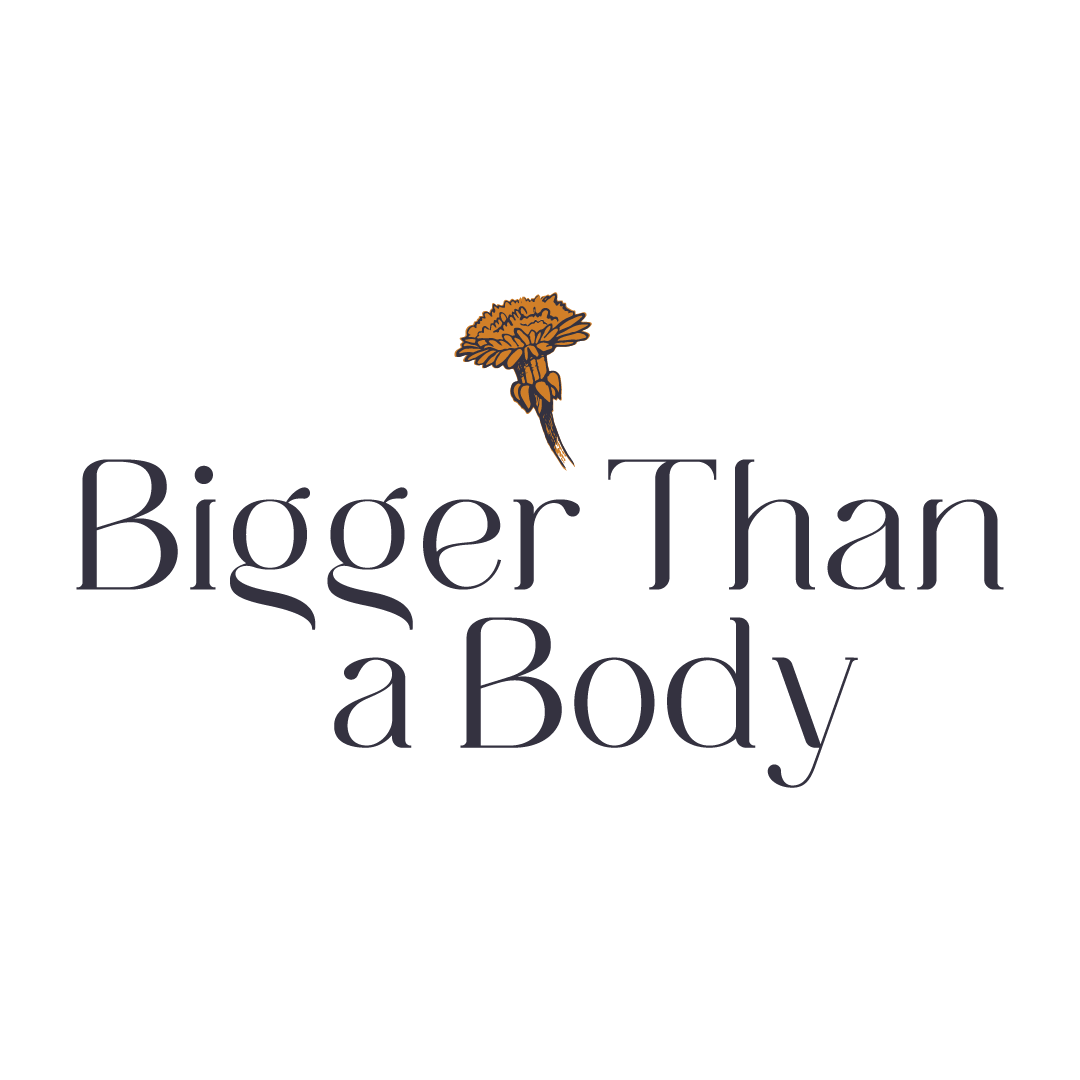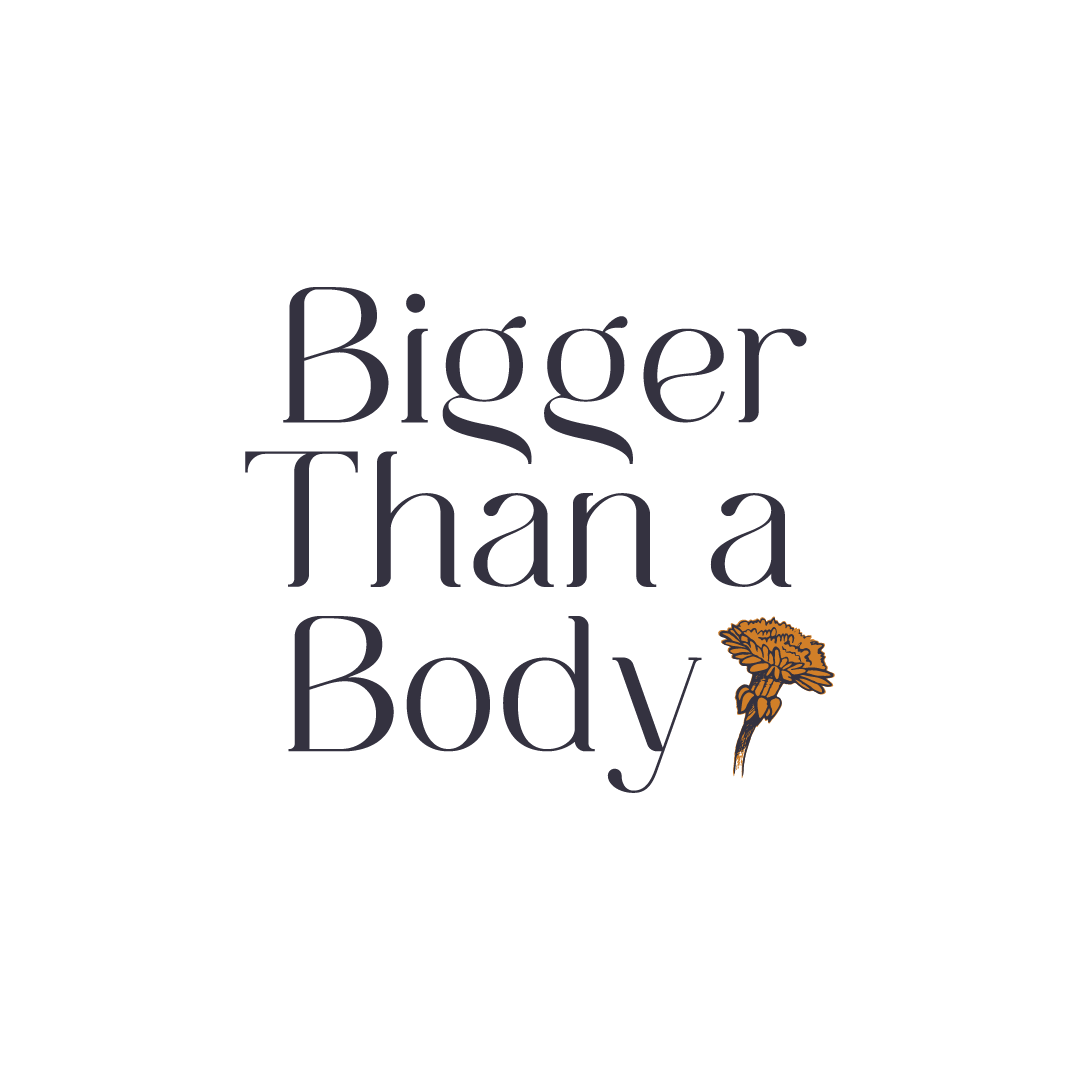The Day I Realized I Didn’t Have to Run Anymore
And the precious lessons I learned about my body and exercise.
Photo by Priscilla Du Preez on Unsplash
I’ll be honest, so much of my eating disorder recovery is a blur, but there are those few breakthrough moments that haven’t escaped me—like realizing the 10-plus-year running routine I religiously obeyed was, largely, a hoax.
I (eh-hem, my eating disorder) told myself that my slender physique was only possible because of the dozens of miles I ran each week and that if I let up on that mileage, I’d start to see the pounds stack on.
But one day I dared myself to do the unthinkable. I dared myself not to run.
For anyone who’s struggled with exercise dependency, you know the crippling fear that comes with the mere thought of straying away from your sacred exercise routine.
But I was ready to face that fear and wasn’t going to let my eating disorder convince me otherwise.
Here’s everything I learned (and gained) from choosing not to run that day.
No one’s body changes overnight.
The nefarious spell my eating disorder cast on me had me convinced that even a single-day hiatus from my running routine would result in instantaneous muscle loss and weight gain.
In all actuality, I woke up the next day and found myself in a visibly indistinguishable body from the one I had the day before.
While I didn’t hop on the scale for confirmation of no overnight weight gain (weighing myself was a separate recovery-sabotaging behavior I’d given up), I put on the same pair of pants as the day before, and the fit was no different.
“The most important day is the day you decide you’re good enough for you. It’s the day you set yourself free.” — Brittany Josephina
It turned out, the notion of one skipped workout and its presumed ramifications on my physique was yet another lie I caught my eating disorder in. Of course, it took me doing the hard thing (not running) to find it out, and there was nothing it could say to me in that moment to convince me I was mistaken.
The joy outweighed the discomfort.
While I had zero doubt the eating disorder voice wouldn’t be there to try and rain on my parade, I vowed to spend my day off from running doing things that I’d long wanted to do but never did because I was too enveloped in my running routine.
In place of the hours I spent preparing for my run, doing my run, and stretching after my run, I did some beginners’ yoga, went to the farmer’s market, took photographs of old buildings downtown, and enjoyed a pastry and a latte on a cafe patio while (get this) reading a book.
Sure, the eating disorder was clamoring for me to at least do a short run and get the plain coffee versus the creamy latte, but I unflinchingly silenced it.
This was my day to do me, and the eating disorder was taking a back seat.
I felt physically restored.
Now I know I just got done talking about how no one’s body noticeably changes after one day of moving in a different way, but that was in reference to the exterior of the body (which was the part of my body I cared most about).
However, skipping my long run did impact how the interior of my body felt the next day.
I didn’t realize how long I’d been walking around with sore, unreplenished muscles until I noticed how amazing I felt by skipping one long run. It was as if someone flushed out all of the pent-up lactic acid and sewed up my chronically torn muscle fibers one by one.
“Take rest; a field that has rested gives a bountiful crop” — Ovid
The key, too, was that I also didn’t run the next day. Sundays were always a rest day, but the arduous runs on Saturdays (and the lack of replenishment following them) never allowed my body to fully restore by my Monday run. By taking both Saturday and Sunday off, my body felt 10 years younger in just two days.
Exercise isn’t a key driver of body composition.
I spent years upon years looking at my thin and average-sized, non-exerciser friends with internalized disdain. I thought, “How lucky are they to not have to exercise to have the bodies they do.”
The thing is, while I still wasn’t eating enough to fully restore my depleted muscles, I was often eating more than the people around me due to the exorbitant amount of exercise I subjected myself to daily. Sometimes, I’d even wake up in the middle of the night totally peckish and would have to have a snack if I wanted any chance of falling back asleep.
But after taking my one day off from running, I continued to add in more rest days and lessen the intensity of others. I found I wasn’t reaching these uncomfortable levels of hunger that drove me to (often mindlessly) eat.
As a result, I realized that my genetic predisposition and daily food intake were far more indicative of my (and all people’s) body composition than exercise. This realization not only made it easier for me to continue to lower my running mileage but to also start exploring other ways of moving my body as a means to care for rather than punish it.
It was a stepping stone to body trust and acceptance.
Exercise is so intertwined in eating disorder recovery. So often, it’s a means of compensating for or earning food.
Without mending my hyper-dependent relationship with running, I knew I was compromising my recovery.
By pulling back on the running, I was able to reconnect with my body’s true hunger and fullness cues rather than base what I ate on how much I moved (which often resulted in overeating due to heavy restriction early in the day).
What’s more, I was finally able to actively begin accepting my body. Continuing to run at the extreme levels I was had blocked any pathway for such acceptance because I was too enveloped in (literally) chasing a smaller body.
Giving my body rest as an act of kindness helped me see my body as so much more than an object and championed me to embrace health over image.
How these lessons apply to me today.
In the end, the domino effect of that one-day hiatus from running didn’t mean I never ran again, gave up exercise altogether, and completely let myself go as I long feared it would.
Instead, one day of not engaging in a behavior I knew came as a source of my eating disorder opened the gate to so many wondrous realizations:
An extra rest day here and there has no impact on physical appearance.
So much joy can be derived from rest and relaxation.
Rest days are essential to workout recovery and restoration.
Extreme exercise isn’t a gateway to positive body image.
Life is so much fuller when you learn to listen to and accept your body versus ignore and mistreat it.
As a result, I still run, but now with joy in my heart and energy in my body. Because allowing my body to rest didn’t just teach me I don’t have to run anymore if I don’t feel like it; it taught me that I get to run if I do.


